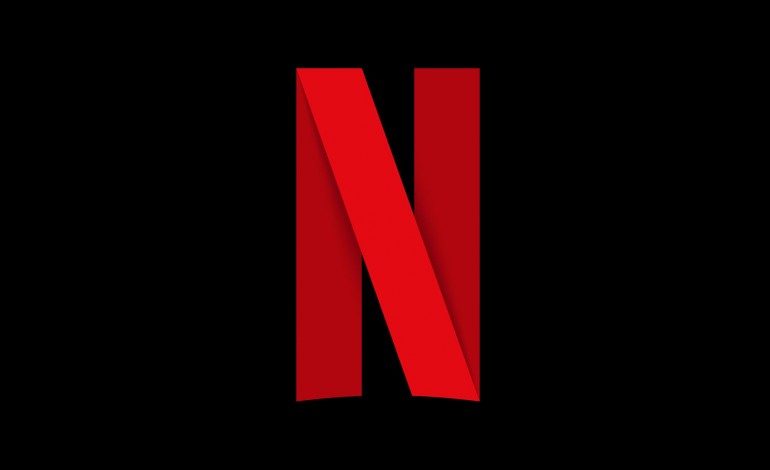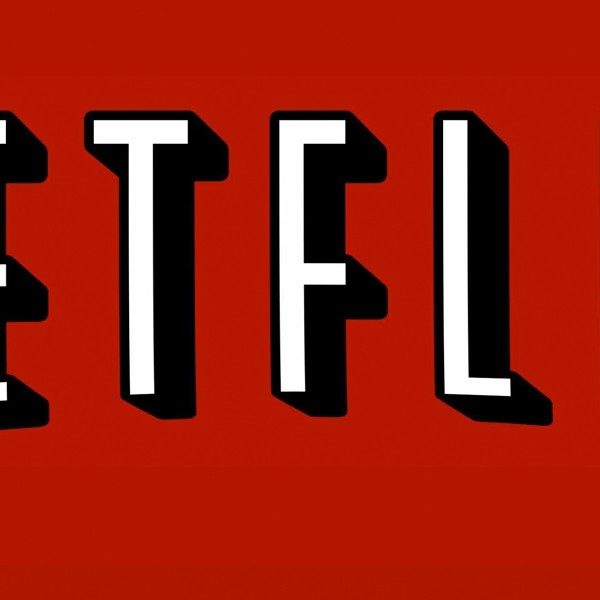

About a week ago news arose that Netflix would no longer be tolerating password sharing. New technology has come into play allowing Netflix to track down users that share their password with others who don’t live in the same household. They have paired with Synamedia, a British firm, who can track down such users by using an AI-powered system that works by analyzing where users are logged in and quickly flagging shared accounts.
Synamedia presented this technology at the CES 2019 conference in Las Vegas. According to Fox News, it was created last year out of Permira Funds’ acquisition of Cisco’s Service Provider Video Software Solutions business.
“It uses AI machine learning and behavioral analytics to identify, monitor, and analyze credentials sharing activity across consumer accounts,” the company said in a statement. “It allows operators to turn casual sharing into incremental revenue, as well as detect and apply enforcement procedures on fraudulent, for-profit credentials sharing accounts.”
#Netflix to introduce #ArtificialIntelligence technology to identify users that share login details with others, raising #privacy concerns.26% of #millennials admit to sharing account passwords for services like @Netflix, @Hulu, and Amazon's @PrimeVideo. https://t.co/8rM7DkitYe
— Simon Chan (@simonchanpmba) January 14, 2019
When the “password sharing offenders” are identified, it will be up to the streaming service on how they want to take action. For example, by sending them an email asking them to upgrade to a premium service or even by shutting down their account. Some users are worried that it is a violation of privacy rights due to the technology being able to identify what time an account is being used, what content is being watched, by what device, and where. Synamedia believes, however, that their software will be the next major step in controlling illegal video streaming.
“Casual credentials sharing is becoming too expensive to ignore,” said Jean Marc Racine, Synamedia. “The software is a great way to keep honest people honest while benefiting from an incremental revenue stream.”
Soon after Netflix announced the banning of password sharing, the streaming giant officially stated that it would be increasing its prices to its United States customers. This increase is the biggest one since Netflix started its streaming service back in 2007.
“We change pricing from time to time as we continue investing in great entertainment and improving the overall Netflix experience,” the company said in a statement when announcing the changes.
The streaming service is significantly cheaper in a lot of countries outside the U.S.- even before this upcoming increase. Here are a list of prices in different countries:
Mexico: $5.33/€4.09
India: $6.91/€5.31
Brazil: $5.24/€4.02
Japan: $7.02/€5.39
Canada: $7.50/€5.88
Australia: $7.21/€5.53
United Kingdom: $7.80/€5.99
South Africa: $6.85/€5.26
New Zealand: $7.80/€5.95
Czech Republic: $8.64/€6.65
The United States, among other countries, is at the high-paying end of the spectrum. Some European countries actually pay a much higher rate than other European countries, and much like the United States, higher rates than non-European countries as well. In fact, they are almost always paying more than the rest of the world with prices being as high as $11.94/€9.18 (Denmark).
Looking back at the U.S.’s prices, the most popular plan, which gives a customer two simultaneous streams, will increase from $11 a month to $13. The $8 a month plan will now cost $9, and the high-end version, which allows four simultaneous streams, will jump from $14 to $16. The new prices took effect Tuesday for new subscribers. For existing customers, the increases will start in about three months. Users have gone online to express their opinions on the subject.
Im blaming the FRIENDS brigade for the Netflix price increase. pic.twitter.com/0kl6O8N8Y7
— Christina GucciChanel ✨ (@idontlovethat) January 18, 2019
the price for netflix is gonna increase and they claim its bc they’re gonna add “good content”……….. if the shit i wanna watch still isnt available im gonna lose it 🙂
— breezy (@brcrabago_) January 16, 2019
Maybe it’s just me but it’s shocking to me that people are complaining about a $2 Netflix price increase, especially given how much original content they’re putting out lol
— Asia Jackson (@aasian) January 18, 2019
they keep raising prices meanwhile wages have not kept up with inflation, therefore purchasing power per dollar is less, so when you add the loss of purchasing power to the price increase it’s upsetting for people who can barely afford a Netflix subscription for their family pic.twitter.com/2k8vIh5N5P
— tristan ☆ (@yquepapii) January 17, 2019
this is why we shouldn’t have made such a fuss about them taking friends down. don’t get me wrong; i love friends. HOWEVER, it cost netflix 100 mil. we could‘ve had so many other things with that 100 mil. instead, it drove the company further into debt, forcing a price increase. https://t.co/p1xKUk9mXf
— cait|20biteen!! (@cosmichill) January 15, 2019
The price increase could help Netflix foot the bill for its large spending on content. The company actually paid AT&T approximately $100 million to keep Friends streaming for 2019- a threefold increase from what it had been paying on average. Stranger Things, a Netflix original, is said to cost as much as $8 million per episode. Netflix has committed to spending over $18.6 billion on content. That’s for shows and films that won’t be available to stream for months, such as Stranger Things.
Netflix has about 137 million users worldwide. They made about $14.9 billion in revenue in the last 12 months as well as $1.3 billion in profit for the same period. In addition, the company released its quarterly earnings yesterday (Jan 18th). The report stated that Netflix added 8.8 million globally paid memberships during the fourth quarter, compared with its stated estimate of 7.6 million. The company posted 1.5 million new subscribers in the U.S. and 7.3 million new subscribers internationally. Netflix also added 29 million paid subscribers for the full year of 2018- 33 percent higher than the 22 million paid subscribers it added in 2017.
What will the future hold for Netflix? More original content, for sure. Regarding its content, though, most subscribers would like to see a lot more options for movies as well as television shows. With all the competition between many other streaming services, including Hulu, who is maybe best known for their substantial list of TV shows, Netflix continues to work hard while taking many big risks so they be the top streaming service.

